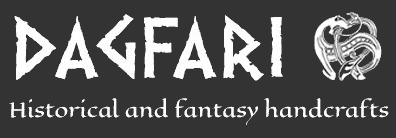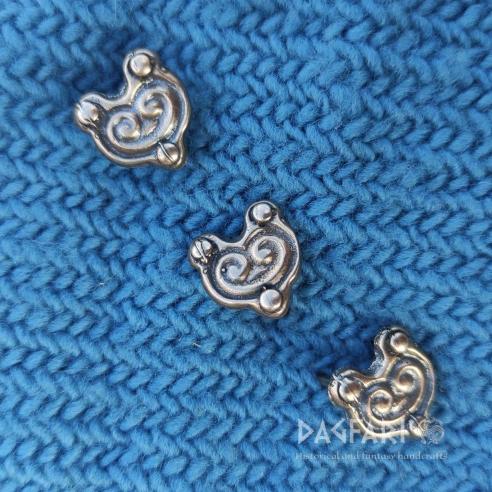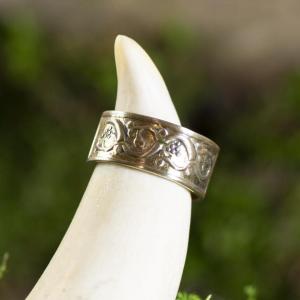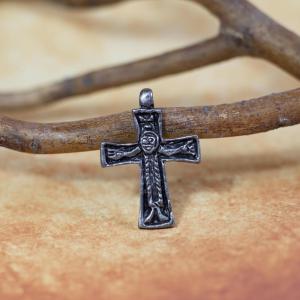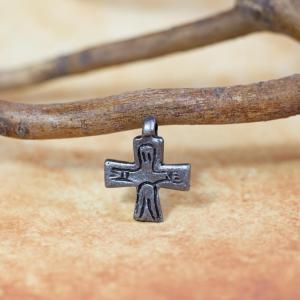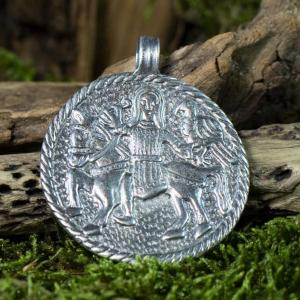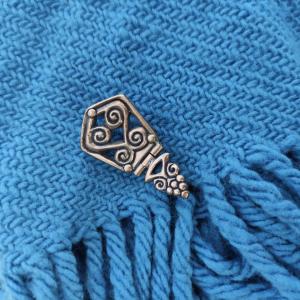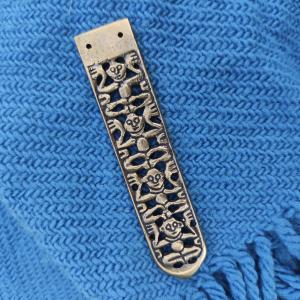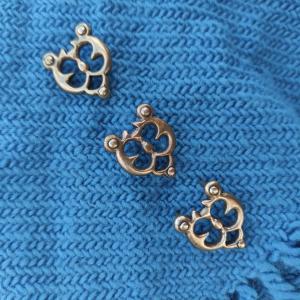300 years in one paragraph, when we would like to bring the events of the early Middle Ages in the Czech Republic closer to those who do not live in our country, but are interested in material culture and would like to study it.
In the 6th century, the Avars penetrated the Carpathians and with them their culture.
As it is written in the Chronicle of Gregory.
"In the fortieth year of the reign of Chlothar, a man named Sámo, a native Frank from the Senonian region, gathered a large number of merchants and went to the land of the Slavs called Vinids to trade. The Slavs had already begun to rebel against the Avars and against their king Kagan." One of the well-known milestones is the year 631, the victorious battle of Wogastisburg. Sámo was to rule there for 35 years afterwards, after his death Sámo's empire disintegrated.
As part of the Migration of Nations, the Slavic peoples reach the Ohře River, north to the Baltic and south to the Balkans, and by the end of the eighth century the Avars are confined to the Carpathian Basin and the Danube, but their influence extends as far as Frankish Bavaria. Bohemia and Moravia at that time were undergoing a period of population intensification. Our territory is inhabited as far as Ústí and Děčín, the borders of Germany, and at the same time there is an influx of inhabitants from the south of present-day Austria.
The elites are formed and especially the area of South Moravia and South-Western Slovakia mixes with the Avar culture and thus the Avar equipment penetrates into their material culture. Hence the garrisons you have before you.
At the turn of the 8th and 9th centuries, Charlemagne intervenes in Central European development, determined to put an end to the Avar Khaganate.
The first early state formations arrive on the scene, and the Slavic elites are dressed in Carolingian jewellery and also typical late Avar fittings. These are found not only in the graves of the great men, but also of children.
In 822, the Moravians are first mentioned at the congress of Louis the Pious in Frankfurt, and from then on we speak of the Great Moravian Empire. Until then, however, our territory was not empty, and the dates of archaeologists who talk about the type of forging often write 8th or 8th and 9th century. They do not mention their exact year of manufacture, and it is possible that the 8th and 9th century dating extends into the early days of the Great Moravian Empire.
You simply attach the belt fitting using the cast rivets that are part of the belt fitting.
Weight: 2.4 g
Dimensions: 1.4 x 1.3 cm
Minimum belt width for attachment: 1.3 cm
Price per piece!
We are able to make your belt complete with belt and other elements by prior arrangement and payment. Contact us!
